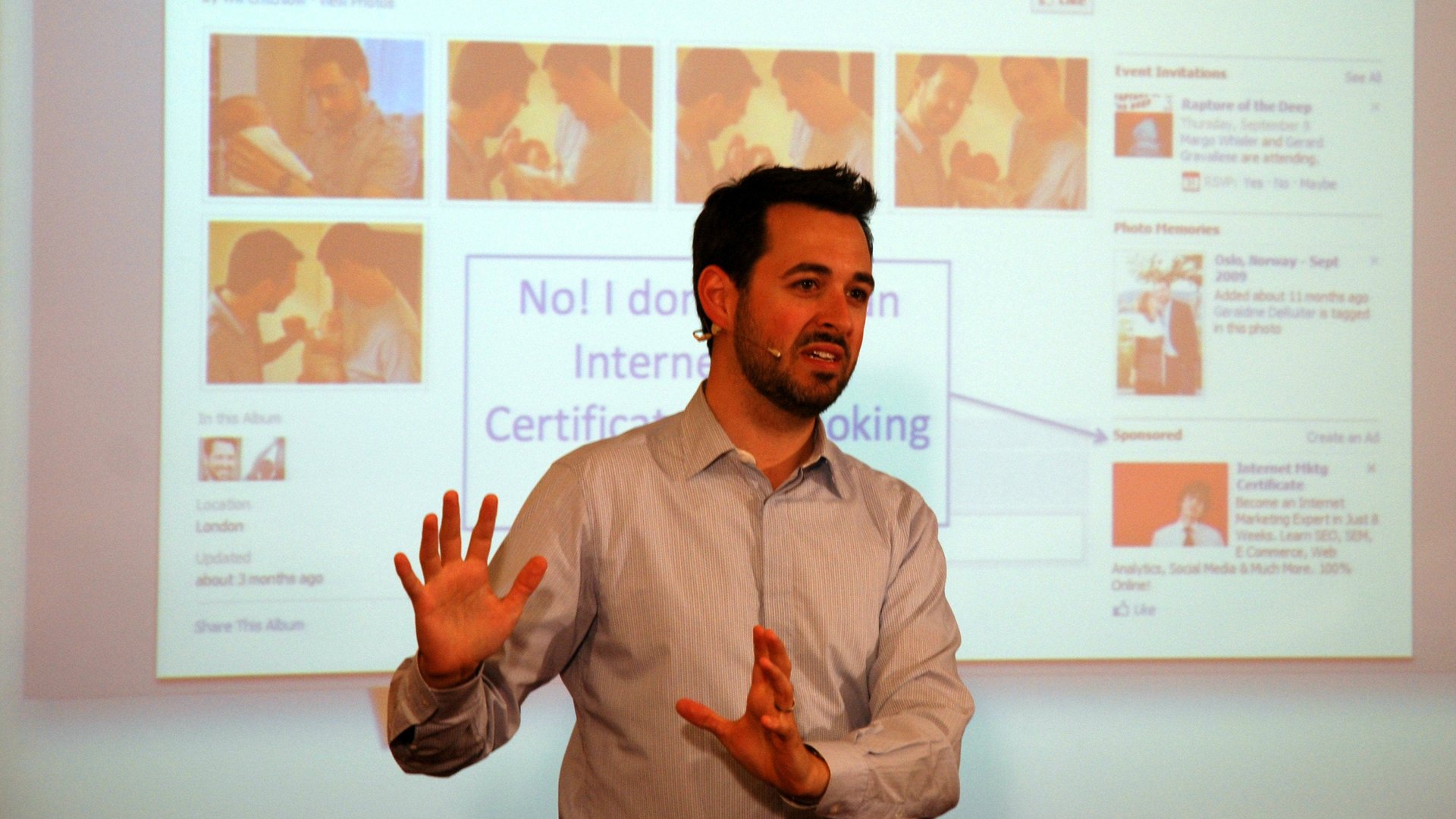What a CEO learned by becoming an employee of his own startup
It’s rare for a CEO to become an employee after years of leadership. But that’s exactly what Rand Fishkin, co-founder of SEO marketing software company Moz, decided to do two years ago.


It’s rare for a CEO to become an employee after years of leadership. But that’s exactly what Rand Fishkin, co-founder of SEO marketing software company Moz, decided to do two years ago.
Fishkin, whose new title is Wizard of Moz, shared some insights in a blog post titled, “My complicated relationship with no longer being CEO,” on what it’s been like working as a regular employee for the company that he founded. He writes that he has often regretted his decision to step down, even though the reasons for doing so were in large part due to his struggle with depression. The most frustrating part, says Fishkin, is that after many years of being responsible for the successes and failures of the company, his ”ability to influence and make decisions is massively diminished.” He shares how difficult it was to stand on the sidelines as now-CEO Sarah Bird formalized informal structures and processes:
“I dislike formalized processes, rigidity, and anything that feels overly corporate or hierarchical. … I sometimes sit in meetings that feel, to me, insanely frustrating and pointless, corporate and inauthentic, and think ‘This isn’t what I wanted… Why did I create this?… Me of 5 years ago would hate the me of today.’ That self-centered attitude is awful, but sometimes, I can barely hold those thoughts back, and have to leave a room to avoid breaking down.”
Even so, Fishkin believes the changes have been good for the company:
“And I cannot argue with the results. Moz’s teams work together better now, at nearly 200 employees, than at any time since we were a company of <50 people. Morale feels to me as though it’s stronger than ever.”
Fishkin—who is widely regarded as an SEO guru—writes that his new role as an individual contributor has been humbling: “My influence on most things Moz, with a few exceptions, is limited to being a single voice in a crowd of many.” He only has one direct report, his executive admin. Now, he worries about finances and getting fired. But he also says that the best part of the change has been his newfound freedom, and the ability to work on things he’s passionate about, like brand evangelism and SEO experiments, without worrying about everything else.
Few founders have been as honest as Fishkin about psychological toll of launching and scaling a startup. Fishkin has been candid about how depression influenced his performance and decision to step down. His openness is in part inspired by Moz investor Brad Feld of the Foundry Group, who is outspoken on the topic of mental health and entrepreneurship.
Despite all the drawbacks of being CEO, Fishkin says he still wants to start another company one day, and hopes that this experience as a regular employee makes him better at leading his next venture.
Image by BTO on Flickr, licensed under CC Attribution-ShareAlike 2.0 Generic.